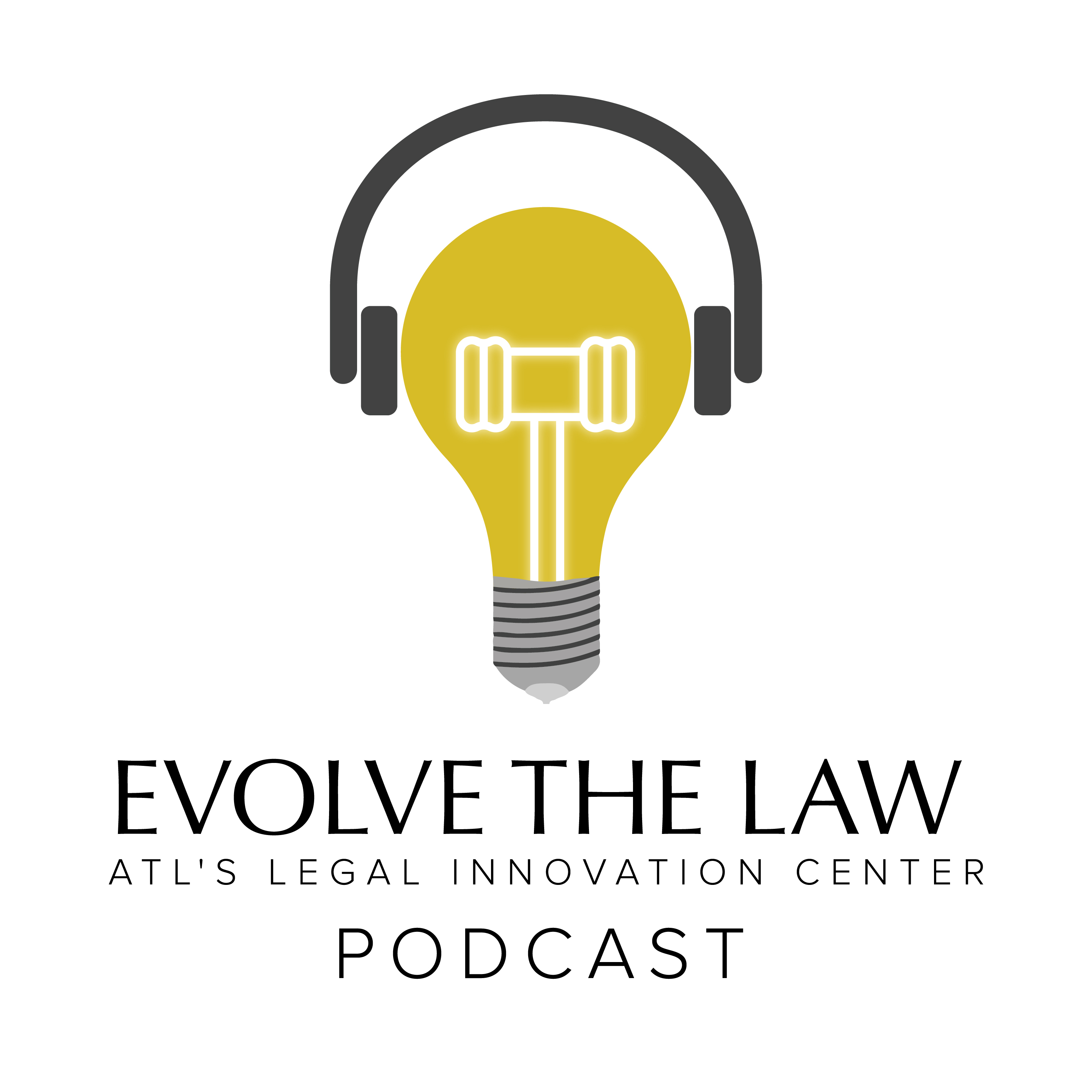 Metaverse is a virtual world that exists on the internet. It is like Second Life but with some key differences. In Metaverse, users can create their own digital assets and experiences that can be used in other virtual worlds or even in the real world. Because of its unique features, Metaverse has become a popular destination for online gaming, social networking, and business transactions. In this article, I will take a closer look at what this virtual world entails and what laws apply there.
Metaverse is a virtual world that exists on the internet. It is like Second Life but with some key differences. In Metaverse, users can create their own digital assets and experiences that can be used in other virtual worlds or even in the real world. Because of its unique features, Metaverse has become a popular destination for online gaming, social networking, and business transactions. In this article, I will take a closer look at what this virtual world entails and what laws apply there.
What Is Metaverse?
Metaverse was created in 1992 by Neal Stephenson and is based on blockchain technology, using digital assets called “smart contracts.” These smart contracts are stored on the blockchain and can be used in other virtual worlds and the real world. Metaverse is also a decentralized platform, meaning there is no central authority controlling the virtual world. Users are free to create their own digital assets and experiences in Metaverse.
I recently talked to Dirk Lueth of Uplandme, Inc. and Claudia Olah of MetaJuice. Watch these conversations. They show what is possible and where we are going.
What Laws Apply To Metaverse?
There are currently no laws specifically regulating Metaverse or other virtual worlds. However, the same general laws that apply to the internet also apply to Metaverse, including copyright law, defamation law, contract law, and more.
1. Copyright Law
Copyright law protects original works of authorship, such as books, movies, and songs. In Metaverse, copyright law usually applies to user-created content — avatars, virtual buildings, and digital artwork — but, if you create something in Metaverse that is like a copyrighted work in the real world, you may also be infringing on the copyright.
The owner of a copyrighted work has the exclusive right to reproduce, distribute, perform, and display the work. They may also authorize others to do so. If you violate any of these rights, you can be sued for copyright infringement.
For example, if you create an avatar that is based on a copyrighted character, the owner of the copyright may be able to sue you for infringing their copyright. They could ask the court to order you to stop creating and distributing avatars that are based on their work. They may also seek monetary damages from you.
2. Other Intellectual Property Laws
Intellectual property law protects inventions, trademarks, and other creations of the mind. In Metaverse, intellectual property law applies to virtual goods and services like avatars, virtual buildings, and digital artwork.
3. Contract Law
Contract law governs the formation and performance of contracts. In Metaverse, contract law applies to agreements made between users. These agreements can involve anything from selling virtual goods to renting virtual property.
If you enter a contract with someone in Metaverse, both parties must abide by the terms of the agreement. If one party fails to live up to their end of the bargain, the other party may be able to sue for breach of contract.
For example, if you agree to sell someone a virtual good and they never pay you, you could potentially sue them for breach of contract. You could ask the court to order the other party to pay you the amount that they owe plus any damages that you have incurred.
4. Tort Law
Tort law governs civil wrongs, such as personal injuries and property damage. In Metaverse, tort law applies to any harm that is caused by another user. This could include physical injuries, emotional distress, and property damage.
For example, if someone physically assaults you in Metaverse, you may be able to sue them for assault and battery. You could ask the court to order them to pay you for your injuries, medical bills, and any other damages that you may have suffered.
5. Defamation Law
Defamation law protects people from false and damaging statements made about them. In Metaverse, defamation law applies to user-created content that is critical of another person or company. Making a false and damaging statement about someone in Metaverse can mean that you’ll be held liable for defamation in the real world.
For example, if you create an avatar that is critical of a company’s business practices, the company may be able to sue you for defamation. It could ask the court to order you to stop creating and distributing avatars that are critical of the business. The company may also seek monetary damages from you.
Conclusion
Metaverse is a virtual world with its own set of laws. My favorite legal question to consider in Metaverse is that of jurisdiction. Imagine the possibilities! Personally, I am bringing the popcorn for a front-row view into how these conversations will unfold.
Substantive laws are like the laws in the real world, but they are not identical. If you are planning on doing something in Metaverse that is illegal in the real world, it is important to know which laws extend to Metaverse.
The above are just a few of the most common types of law that apply in Metaverse. There are many others, so it is always best to consult with a lawyer before you do anything that could potentially be illegal.
 Olga V. Mack is the CEO of Parley Pro, a next-generation contract management company that has pioneered online negotiation technology. Olga embraces legal innovation and had dedicated her career to improving and shaping the future of law. She is convinced that the legal profession will emerge even stronger, more resilient, and more inclusive than before by embracing technology. Olga is also an award-winning general counsel, operations professional, startup advisor, public speaker, adjunct professor, and entrepreneur. She founded the Women Serve on Boards movement that advocates for women to participate on corporate boards of Fortune 500 companies. She authored Get on Board: Earning Your Ticket to a Corporate Board Seat and Fundamentals of Smart Contract Security. You can follow Olga on Twitter @olgavmack.
Olga V. Mack is the CEO of Parley Pro, a next-generation contract management company that has pioneered online negotiation technology. Olga embraces legal innovation and had dedicated her career to improving and shaping the future of law. She is convinced that the legal profession will emerge even stronger, more resilient, and more inclusive than before by embracing technology. Olga is also an award-winning general counsel, operations professional, startup advisor, public speaker, adjunct professor, and entrepreneur. She founded the Women Serve on Boards movement that advocates for women to participate on corporate boards of Fortune 500 companies. She authored Get on Board: Earning Your Ticket to a Corporate Board Seat and Fundamentals of Smart Contract Security. You can follow Olga on Twitter @olgavmack.







